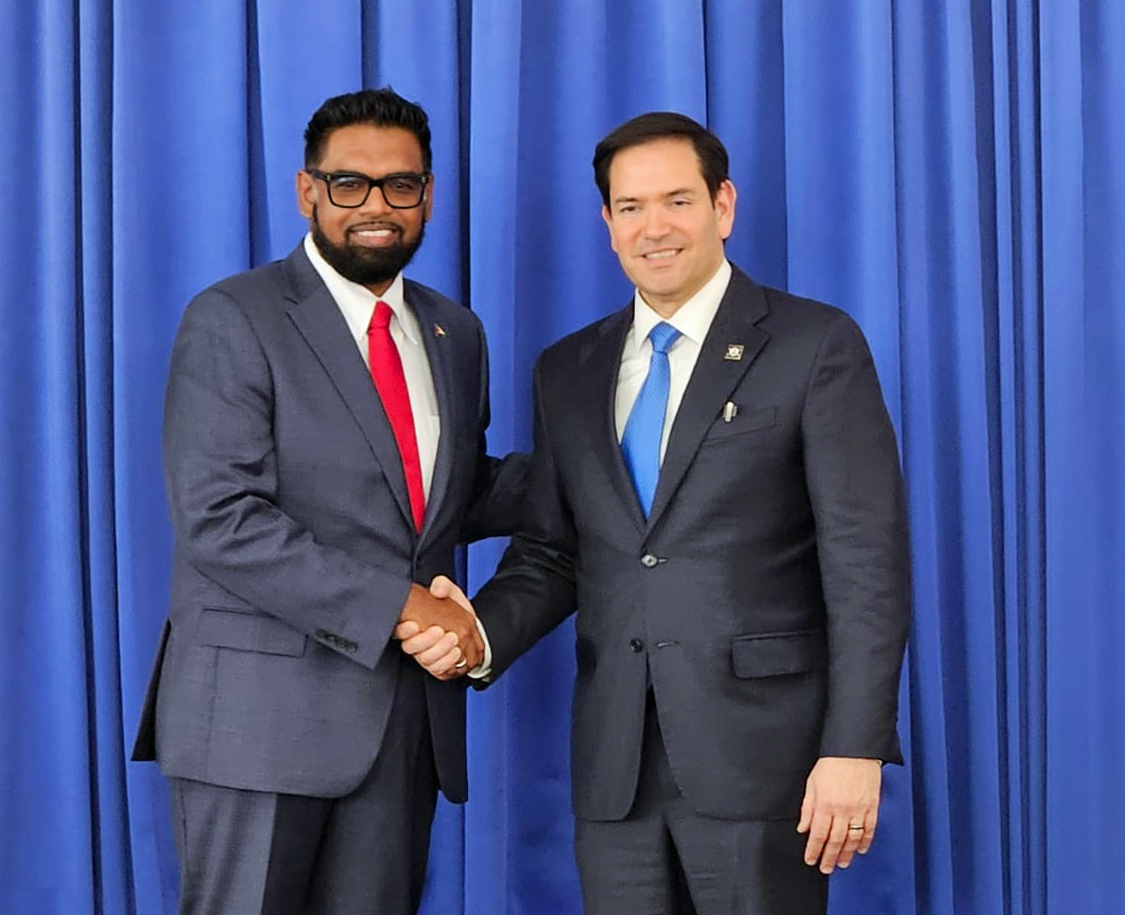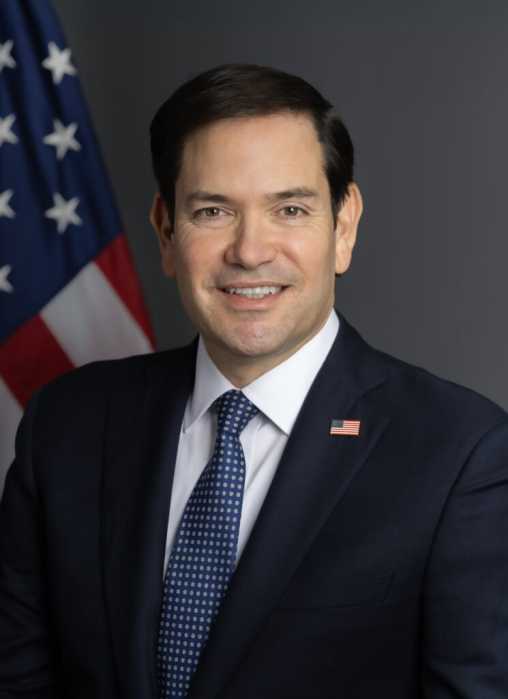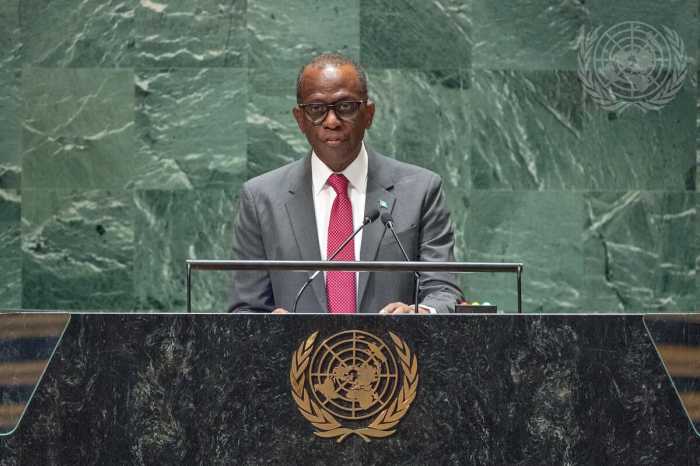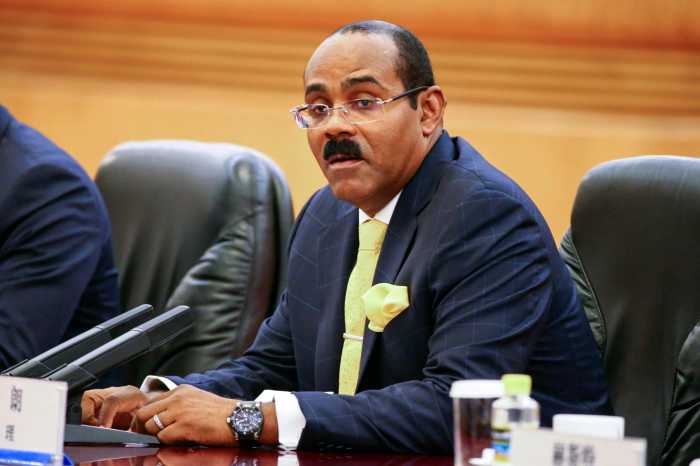Just weeks after Caribbean leaders met with Secretary of State Marco Rubio in Washington and the Caribbean to discuss several issues, all indications now point to a request for another mini-summit following the Trump administration’s threats to restrict travel for nationals from some nations that have the Citizenship by Investment Program (CIP).
Rubio had flown to Jamaica, Guyana, and Suriname, where he had met leaders on a range of issues, including Washington’s controversial threat to nix travel for government and other officials linked to the Cuban medical brigade program.
Since then, several Caribbean Community nations, including Guyana, the Bahamas, and Antigua, have pledged to make significant amendments to the system used to pay Cuban doctors, nurses, and other professionals to comply with US demands.
Rubio and President Trump had accused regional nations of giving part, rather than full payments, to the professionals while allowing the sanctioned Cuban government to collect the majority of monthly salaries as a way around economic restrictions. The threats have since receded, but several nations are now bracing for a new outright travel ban or a restricted system because of several grouses from Washington, including its discomfort with nations selling local citizenship and passports for cash to foreigners willing to invest in real estate or other development ventures.
The US and Western nations are adamant that these small, mostly Eastern Caribbean nations cannot properly scrutinize the backgrounds of those applying for so-called golden passports, charges that they have denied.
Recently, a leaked memo widely reported by The Washington Post, Reuters News Agency, and other outlets points to Secretary Rubio’s plans to restrict travel for nationals of several mostly Eastern Caribbean sub-grouping nations that offer golden passports and citizenship programs. The program is offered by St. Kitts, Antigua, Dominica, St. Lucia, Dominica, and Grenada.
Neighboring St. Vincent has steadfastly refused to pursue this route to garner development aid to replace lost taxes from intra-regional free trade, the collapse of the banana export regime to the EU, and other revenue streams no longer available. Grenada, which the US had invaded back in 1983, has escaped this dreaded list for reasons that are still unclear.
Over the years, leaders have pointed to the hundreds of millions of dollars raised from this scheme for development purposes while pointing to the negligible cases of recipients who turn out to be frauds of dubious backgrounds. Still, Washington has these nations and others, mostly from Africa, in its sights for travel bans.
“The department has identified 36 countries of concern that might be recommended for full or partial suspension of entry if they do not meet established benchmarks and requirements within 60 days. These concerns included a lack of a competent/cooperative government to produce reliable identity documents. Another was “questionable security” of that country’s passport,” the memo stated. The State Department also grumbled about the reluctance of some of these countries to accept their deportees from the US as reasons for being lined up for punishment.

Some regional leaders, such as long-serving Dominican Prime Minister Roosevelt Skerrit, have responded cautiously. Skerrit said over the weekend that authorities from Western nations and the Caribbean have been discussing this issue since 2023. However, no formal notification of impending plans has been communicated to the region.
Dangling a carrot to the nations amid the threats, the department has given those countries named in the memo signed by Rubio two months to fix areas of concern, including due diligence and background ability checks, according to published reports. The US has also suggested that citizens from the named countries usually overstay their visas in the US in greater than normal numbers, an accusation that Caribbean governments are expected to dispute strenuously.
The countries awaiting their fate include Angola; Benin; Bhutan; Burkina Faso; Cabo Verde; Cambodia; Cameroon; Democratic Republic of Congo; Djibouti; Dominica; Ethiopia; Egypt; Gabon; Gambia; Ghana; Ivory Coast; Kyrgyzstan; Liberia; Malawi; Mauritania; Niger; Nigeria; St. Kitts and Nevis; St. Lucia; Sao Tome and Principe; Senegal; South Sudan; Syria; Tanzania; Tonga; Tuvalu; Uganda; Vanuatu; Zambia; and Zimbabwe.























